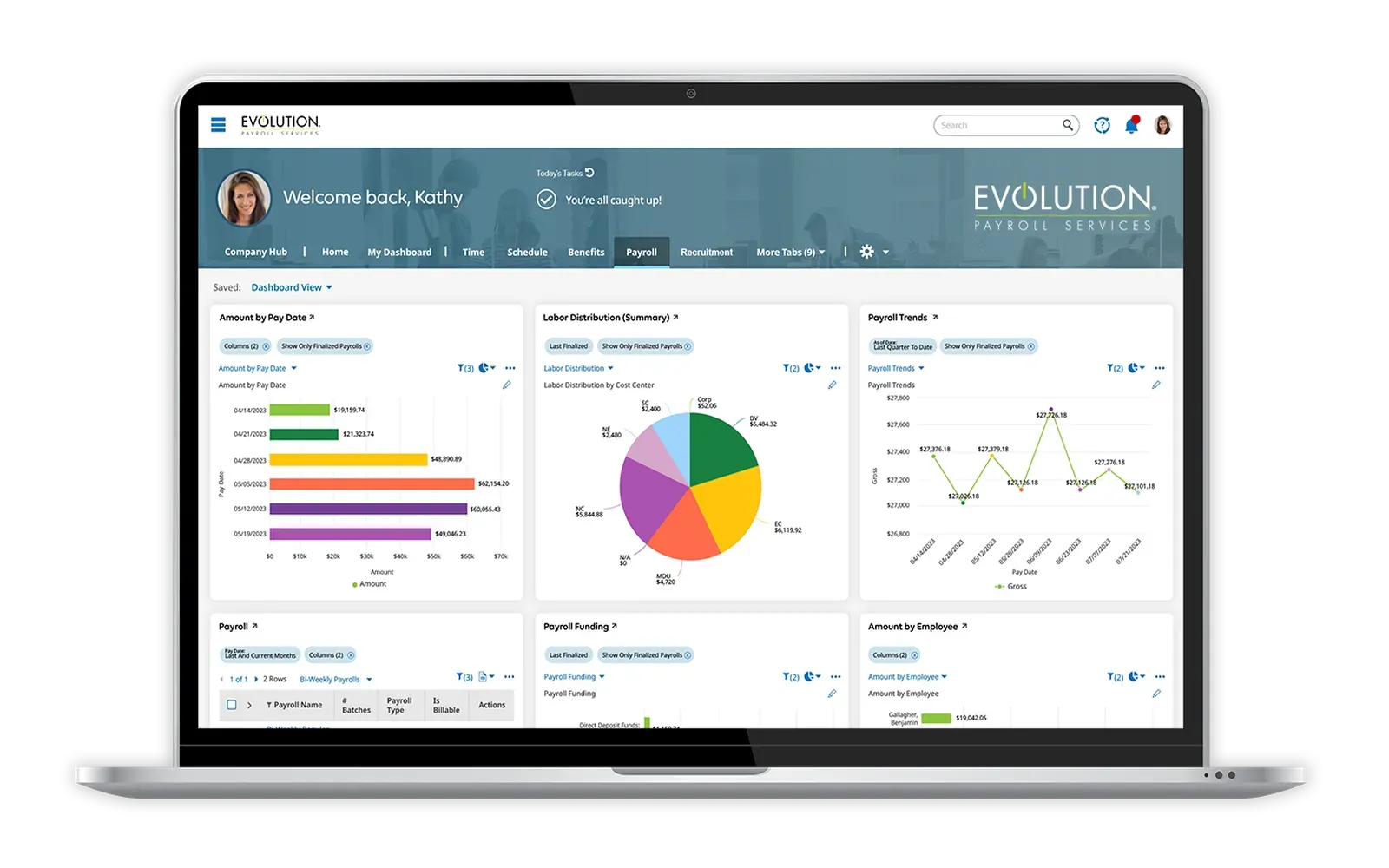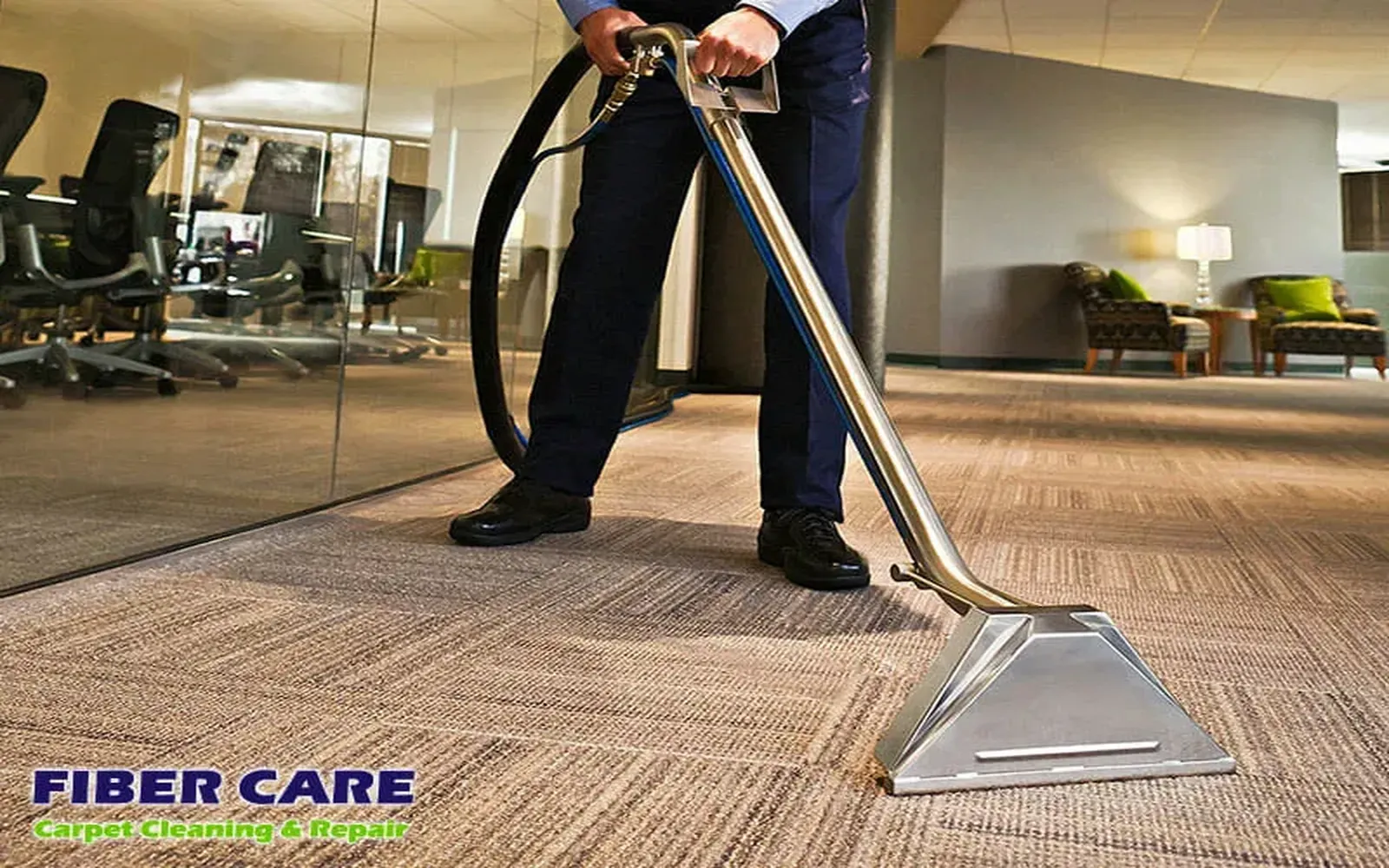A Complete Guide to Home Renovation for a Modern and Functional Space
Home renovation is the process of improving or updating your living space to enhance comfort, functionality, and property value. Whether you're looking to modernize your kitchen, add new living areas, or increase energy efficiency, renovating your home can breathe new life into both its aesthetics and utility.
Benefits of Home Renovation
- 🏡 Increased Property Value: Renovations like kitchen remodels or bathroom upgrades can raise your home’s market value.
- 🌿 Improved Functionality: Customizing spaces to better suit your lifestyle makes daily living more enjoyable.
- ⚡ Energy Efficiency: New insulation, windows, and appliances can reduce energy bills and your carbon footprint.
- 🎨 Updated Style: Modern finishes, layouts, and fixtures transform outdated spaces into vibrant, contemporary areas.
- 👨👩👧 Enhanced Comfort: Expanding living spaces or upgrading old infrastructure improves overall comfort for your family.
Popular Home Renovation Projects
1. Kitchen Remodeling
The kitchen is often considered the heart of the home. Renovation ideas include:
- Installing new cabinets and countertops
- Adding energy-efficient appliances
- Expanding storage or creating an open-concept layout
2. Bathroom Upgrades
Bathrooms can be modernized for comfort and luxury with:
- New vanities and fixtures
- Walk-in showers or soaking tubs
- Improved lighting and ventilation
3. Living Room Improvements
Transform your living area into a welcoming space by:
- Repainting walls or adding accent features
- Installing built-in shelving or entertainment units
- Updating flooring or adding new lighting fixtures
4. Basement or Attic Conversions
Maximize unused space by converting basements or attics into:
- Additional bedrooms or guest suites
- Home offices or gyms
- Entertainment rooms
5. Outdoor Renovations
Boost curb appeal and outdoor living with:
- Deck or patio installations
- Landscaping improvements
- Fencing or outdoor kitchens
6. Whole-Home Renovations
A complete overhaul combines multiple projects to transform your home’s layout, style, and functionality.
Key Steps in the Home Renovation Process
✅ 1. Assess Your Needs and Set Goals
Identify which areas need improvement and determine your priorities.
✅ 2. Create a Budget
Consider costs for materials, labor, permits, and unexpected expenses. Leave room for contingencies.
✅ 3. Plan the Design
Work with architects or designers to develop plans that align with your goals and comply with local building codes.
✅ 4. Hire Professionals
Research and hire licensed contractors, electricians, and plumbers as needed. Check reviews, request quotes, and verify credentials.
✅ 5. Secure Permits
Depending on the scope of work, you may need building permits. Your contractor can usually assist with this process.
✅ 6. Begin Construction
Demolition and construction will begin according to your plan. Maintain communication with contractors and monitor progress.
✅ 7. Inspect and Finalize
Conduct walk-throughs during and after renovation to ensure all work meets expectations. Address any issues promptly.
✅ 8. Enjoy Your Improved Space
Once completed, you can enjoy your renovated home while keeping up with maintenance to preserve its value.
Budgeting for a Home Renovation
Costs vary based on project size, materials, and labor. Average renovation costs include:
| Project | Average Cost |
|---|---|
| Kitchen Remodel | $10,000 – $50,000+ |
| Bathroom Upgrade | $5,000 – $20,000+ |
| Basement/Attic | $15,000 – $40,000+ |
| Whole-Home Reno | $50,000 – $200,000+ |
| Outdoor Remodel | $2,000 – $20,000+ |
Tip: Always factor in a 10–20% buffer for unexpected expenses.
DIY vs. Hiring Professionals
DIY Renovation
Pros:
- Cost savings
- Personal satisfaction
Cons:
- Time-consuming
- Potential safety risks or costly mistakes
Hiring Professionals
Pros:
- Expertise and quality results
- Faster project completion
- Proper handling of permits and regulations
Cons:
- Higher upfront costs
- Requires thorough contractor research
For major renovations or structural changes, hiring professionals is recommended to ensure safety and compliance.
Conclusion: Transform Your Home with the Right Renovation Plan
Home renovation can significantly enhance both your home’s functionality and value when planned carefully. By setting clear goals, creating a realistic budget, and working with experienced professionals, you can bring your dream home to life while avoiding common renovation pitfalls.
Frequently Asked Questions (FAQs)
Q1: How long does a home renovation take?
A: Timelines vary by project. Small renovations may take a few weeks, while larger projects or full-home remodels can take several months.
Q2: Do I need permits for home renovations?
A: It depends on the project. Structural changes, plumbing, and electrical work typically require permits.
Q3: Will renovating increase my home’s value?
A: Yes, renovations often boost property value, especially kitchen, bathroom, and structural upgrades.
Explore

A Complete Guide to Payroll Software for Modern Businesses

Enhance Your Home Renovation with Professional Welding Services

The Complete Guide to Carpet Cleaning Services for a Healthier Home

A Complete Guide to Physical Therapy for Pain Relief and Mobility Recovery

The Complete Guide to Accounting Software for Small and Large Businesses
Senior Living Apartments: A Modern Approach to Aging Gracefully

Top Online Master of Social Work (MSW) Programs and Degrees in 2024

Top 10 Best Online Medical Billing and Coding Programs in 2024
